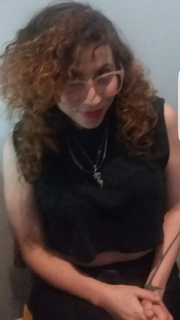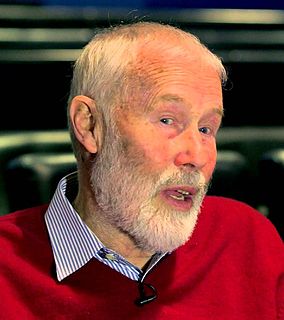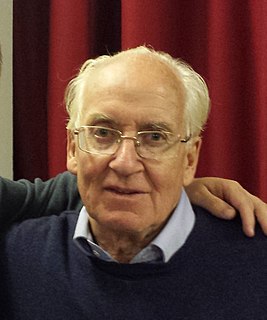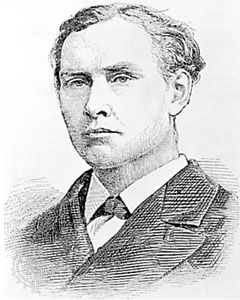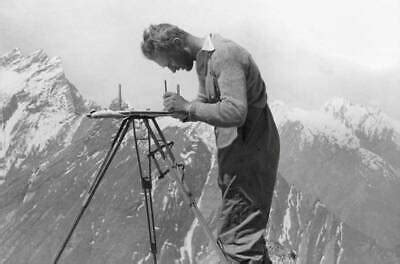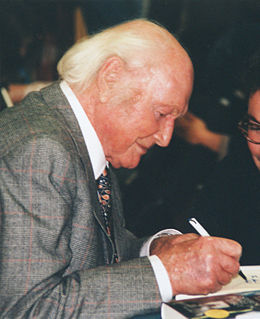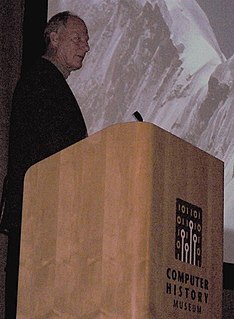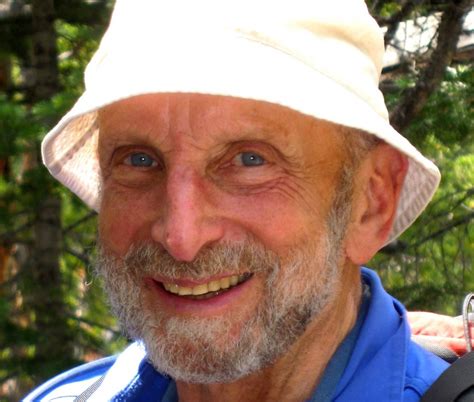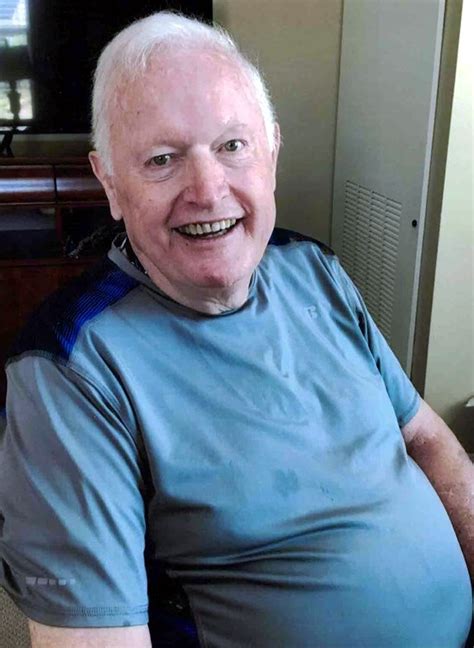A Quote by Mark Twight
Sometimes you must sacrifice yourself on the altar of effort to be reminded of what and who you could become if you applied yourself.
Related Quotes
But the worst enemy you can meet will always be yourself; you lie in wait for yourself in caverns and forests. Lonely one, you are going the way to yourself! And your way goes past yourself, and past your seven devils! You will be a heretic to yourself and witch and soothsayer and fool and doubter and unholy one and villain. You must be ready to burn yourself in your own flame: how could you become new, if you had not first become ashes?
You have got to goad yourself toward a becoming that is in accordance with what you are innate. You have got to sometimes become the medicine you want to take. You have got to, you have absolutely got to put your face into the gash and sniff, and lick. You have got to learn to get sick. You have got to reestablish the integrity of your emotions so that their violence can become a health and so that you can keep on becoming. There is no sacrifice. You have got to want to live. You have got to force yourself to want to.
Sometimes it's nice to think, "Oh, I can only do this one thing." Instead of feeling like, "I could theoretically, maybe, if I applied myself, could be successful in a number of different fields." That can be overwhelming. Sometimes it's nice to have this myopic vision for your life and that's the only thing you can imagine yourself doing.
Regardless of the advertising campaigns may tell us, we can't have it all. Sacrifice is not an option, or an anachronism; it's a fact of life. We all cut off our own limbs to burn on some altar. The crucial thing is to choose an altar that's worth it and a limb you can accept losing. To go consenting to the sacrifice.
Crossing out is an art that is, perhaps, even more difficult than writing. It requires the sharpest eye to decide what is superfluous and must be removed. And it requires ruthlessness toward yourself -- the greatest ruthlessness and self-sacrifice. You must know how to sacrifice parts in the name of the whole.
Forgiveness breaks the chain of causality because he who 'forgives' you--out of love--takes upon himself the consequences of what you have done. Forgiveness, therefore, always entails a sacrifice. The price you must pay for your own liberation through another's sacrifice is that you in turn must be willing to liberate in the same way, irrespective of the consequences to yourself.


